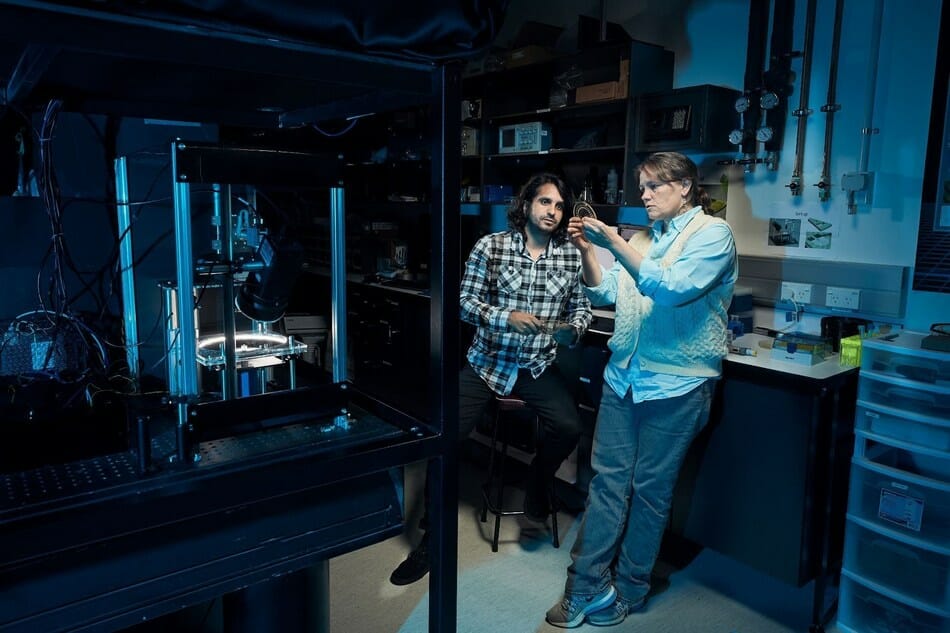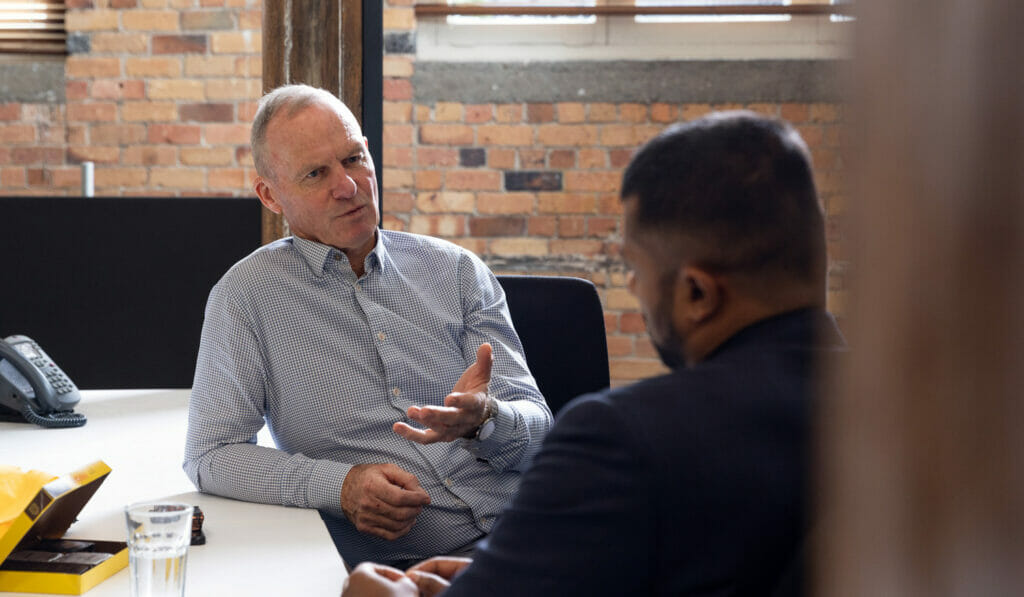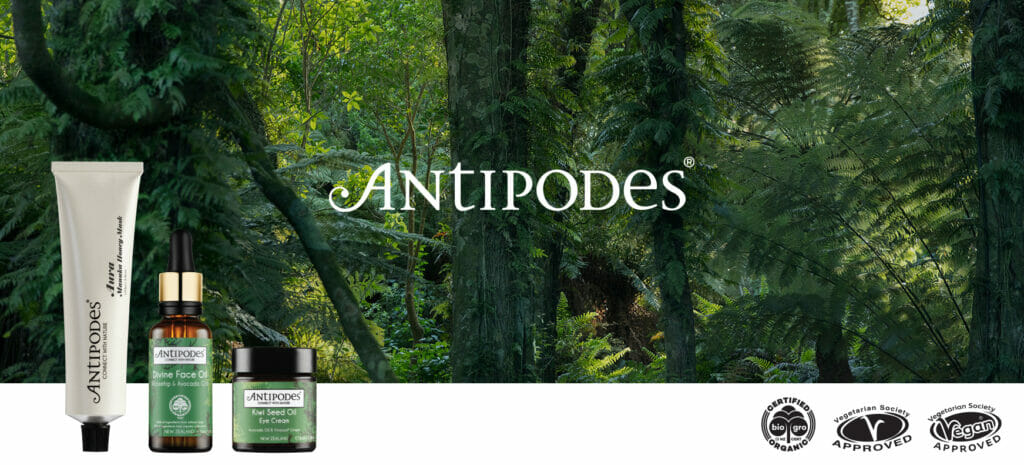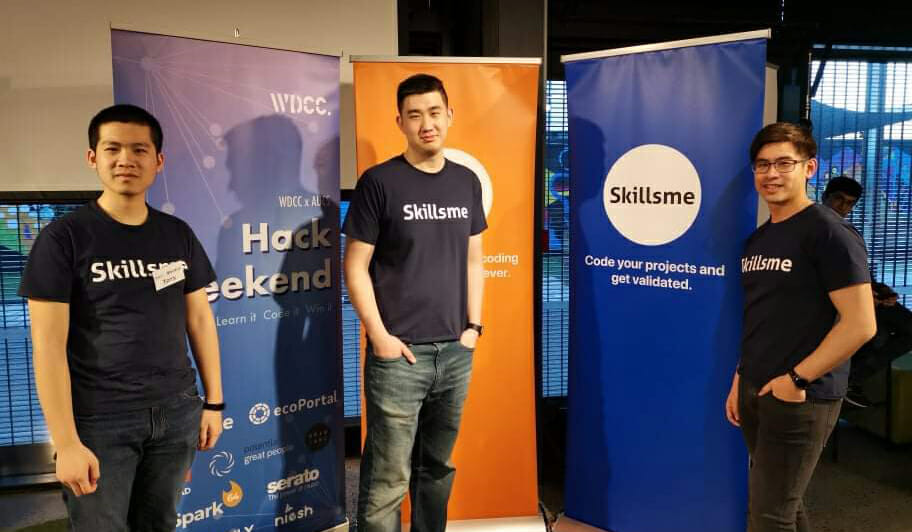
Tell us about Orbis Diagnostics, and the problem/s it solves?
COVID-19 has significantly impacted our ability to move about safely – within our own communities and internationally. The social and economic implications of this continue to be devastating. While people want assurance that life will return to normal, there is no clear end in sight. Without verification of a person’s level of immunity and determining whether they are capable of carrying or spreading the virus, initial vaccines being deployed this year are unlikely to support the reopening of international borders. Containment strategies such as travel bans, border restrictions and mandatory quarantine will continue in the meantime; however, existing solutions are not easily scalable and can’t accurately identify who is at risk, and who isn’t.
Orbis Diagnostics has developed a rapid, precise, cost effective, and deployable COVID-19 quantitative immunity screening test to verify a person’s current health status to support the safe resumption of international travel. Deployment of our technology can help re-enable the movement of people, rescuing industries such as tourism, travel, aviation, and cruise ships from collapse.
The original concept for Orbis Diagnostics’ antibody test was actually “Milk-on-a-disc” technology. Can you walk us through the pivot?
Orbis was originally directed towards animal health, its system was detecting and quantifying progesterone in milk for heat detection, to inform the timing of artificial insemination. When the pandemic took hold in early 2020, the need for a high throughput, quantitative antibody test to verify immunity to COVID-19 was clear, and Orbis’ system was perfectly suited. The team pivoted to adapting Orbis’ system to a COVID-19 immunity test, exploiting the advantages of a system designed for a wet, dirty environment, that could provide a robust, portable, accurate immunoassay system operated by non-technically qualified staff – innovative features that will enable widespread deployment. Orbis’ previous R&D success in animal health for detection of progesterone at very low concentrations has allowed the Company to shift its focus to COVID-19 screening, only requiring adaptation of its advanced technology rather than invention anew.
Orbis has now developed a Quantitative Immunity Test for COVID-19, which is currently being productised. It can process up to 15 samples simultaneously in 15 minutes, providing laboratory grade results at the point of need.
You recently announced your partnership with IDEMIA – a Multinational who is behind e-gates at airports. Congratulations! What does this partnership mean for the future of Orbis Diagnostics?
Bringing together Orbis’ technology and IDEMIA’s expertise in augmented border control, the two companies are developing a risk-driven framework for airports, governments and border control agencies. This partnership will accelerate Orbis’ product development and deployment to airports as a tool to facilitate the progressive and safe reopening of international borders as more countries hopefully become successful at suppressing the virus. We plan an initial trial together at an airport in Australasia.
When can we expect to see prototypes being piloted?
Orbis anticipates its platform is likely to be officially introduced into airports within the Asia Pacific region as early as the third quarter of 2021. As part of clinical trials, prototypes would be piloted in an airport setting earlier, potentially in the next few months.
You recently went through / are currently going through an investment round to support manufacturing and product deployment. What has been your approach to funding to date?
Pacific Channel, an early-stage investor in deep-tech ventures in New Zealand is the largest investor in Orbis. Orbis has just launched a NZ$9m investment offer to secure funds to productise its immunity test. In addition to investment from Pacific Channel and its scientific founders and early shareholders, Orbis has secured written intent from a US-based institutional impact investor. It seeks a remaining ~NZ$6.5m.
Has being a NZ-developed tech helped or hindered Orbis?
New Zealand is emerging as a leading centre for biotechnology and has been an ideal environment for Orbis’ development. The founding scientists, Professors David Williams and Cather Simpson have an outstanding record of invention, including developing the globally leading Clearblue Digital pregnancy and ovulation rapid strip tests and the first at-home fingerpick cardiac biomarker test. Of course, Orbis has also been privileged to be situated in a country with strong health policy and border security standards that kept COVID-19 prevalence low last year. The New Zealand government’s exemplary control of the virus has given Orbis time to grow its business and focus on the next challenges for the world – not just virus control and treatment. The New Zealand community is now keen to explore what needs to happen next to continue the country’s success and open us back up to the world without compromising our health sovereignty.
How important is it for NZ tech companies to set global ambitions from Day 1?
Any deep tech company should aim to advance technological frontiers. If the technology has the potential to have a real impact on a global scale, then the company owes it to themselves and the rest of the world to exploit that to its full potential.
HOW KEA CAN HELP YOUR BUSINESS GROW
Kea Connect
Kea Connect is a free service that will help your business grow offshore. We connect you personally with regional, sector-specific experts and peers.
Resources
Kea is here to help New Zealand businesses grow offshore. Be inspired and hear advice from businesses who have created their export path.
Jobs Portal
Looking for the right talent for your team? Reach our global Kiwi community through the Kea international job portal.

 MENU
MENU










